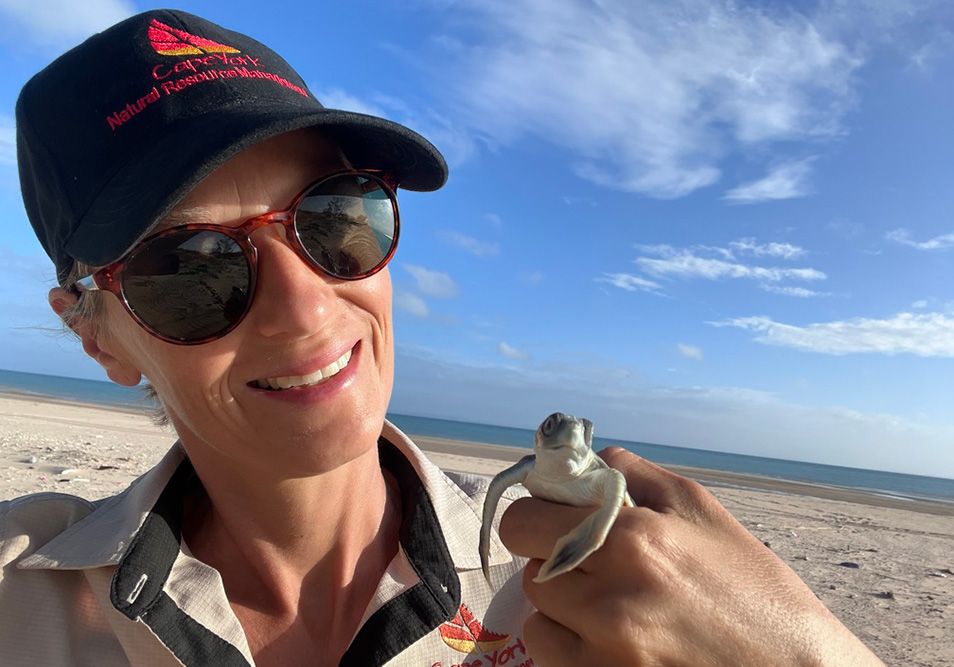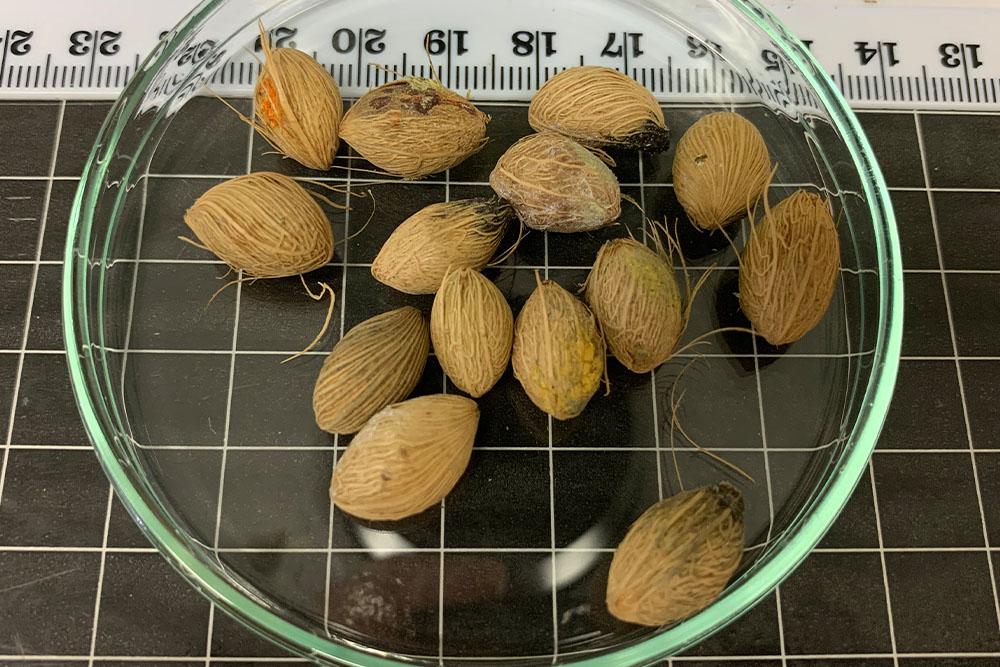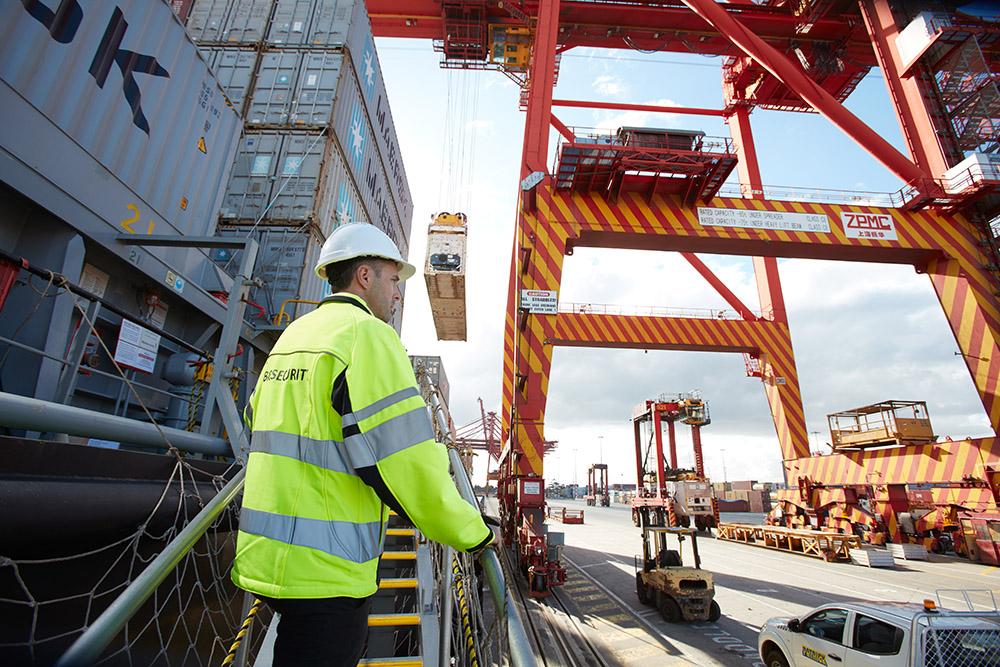Western Cape Turtle Threat Abatement Alliance
The Western Cape Turtle Threat Abatement Alliance (WCTTAA) is a partnership of 6 western Cape York Indigenous Land and Sea Ranger groups from Apudthama Land Trust/Northern Peninsula Area Regional Council, Napranum Aboriginal Shire Council, Mapoon, Pormpuraaw, Aak Puul Ngantam Cape York and Kowanyama. The west coast of Cape York provides important nesting habitat for Queensland’s largest nesting population of the flatback turtle (Natator depressus), and significant nesting rookeries for the olive ridley (Lepidochelys olivacea), hawksbill (Eretmochelys imbricata) and green turtle (Chelonia mydas).
Feral pigs are widespread in Cape York Peninsula and threaten the survival of marine turtles, primarily through the predation of eggs and hatchlings from turtle nests. The WCTTAA aims to efficiently manage threats to coastal habitats and enhance survival rates of threatened and endangered marine turtle populations. The groups work together at a regional level to care for Country by protecting marine turtle nests from predation along 800 km of western Cape York beaches.
Since 2014, WCTTAA’s program has been supported by the Queensland Government’s Nest to Oceans Turtle Protection Program, funding Indigenous Rangers on western Cape York to undertake predator control and monitoring of turtle nest predation.
The WCTTAA program is set apart from most feral pig management programs being conducted across Australia. The key feature of the program is to reduce the impact of turtle nest predation rather than solely reducing feral pig populations. Impacts caused by feral pigs along western Cape York are tracked through the collection, recording and reporting of nest predation and survival rates of turtle hatchlings on targeted beaches. The ability of each group to collect data in a consistent way has been integral to attract and justify significant ongoing support from funding partners, stakeholders and governments, and clearly demonstrate outcomes.
In 2023, the outdated data collection system was transitioned to a new application called Nestor, a marine turtle nesting data collection tool. The new tool has provided GPS tracking with an inbuilt map and enables fast recording of new tracks, nests and predation events. It also includes offline images and an identification guide giving information about each turtle species, their track and nest characteristics. Easy to use and compatible on iPads, the application has become a crucial instrument for Rangers to make accurate assessments and informed decisions in conservation efforts.
The concerted efforts of the WCTTAA have led to a significant increase in threatened marine turtle hatchling survival rates in the Cape York region through reducing feral pig nest predation impacts. By implementing a combination of protection efforts and long-term control strategies, and involving local communities, the WCTTAA program has shown that clutch loss can be reduced to sustainable levels, enabling the recovery and conservation of marine turtle populations.
Western Cape Turtle Threat Abatement Alliance was nominated by Heather Channon from Australian Pork Limited.
Watch a video about their work
Introduction
This is the accessible text transcript of a 2024 Australian Biosecurity Awards winner video featuring Dr Manuela Fischer.
Transcript
Hello, my name is Doctor Manuela Fischer, employed by Cape York Natural Resource Management and coordinator of the Western Cape Turtle Threat Abatement Alliance, also referred to as WCTTAA. WCTTAA is a collaboration of six Indigenous Land and Sea Ranger groups spread across Western Cape York from the southern region of Kowanyama to the northern tip of Cape York. And what makes this alliance unique worldwide is that it is entirely governed and led by Indigenous Rangers.
Cape York Peninsula is known to have one of the highest concentrations of feral pigs in Australia. These pigs pose a serious threat to marine turtles, particularly by preying on their eggs. Back in 2013, predation rates on turtle nests along the Western Cape York beaches were alarmingly high, with estimates suggesting that 70 to 100% of nests were destroyed by feral pigs and other predators.
Since then, WCTTAA members have worked together to manage these threats and protect marine turtles. Each of the six ranger groups conduct aerial and on ground shooting operations to control pig populations across approximately 800 square kilometres of coastal habitat. Additionally, turtle nests are protected using specially designed and built aluminium cages to prevent pigs from digging up the nest. Pig management success is measured by monitoring the nesting marine turtle population.
Ranges camp along the beaches during peak nesting season, patrolling the beach every morning and night to document turtle species’ tracks, nests, predators, hatching success and any nest disturbances. The implementation of long-term threat management strategies has successfully reduced turtle egg loss to sustainable levels, playing a key role in the recovery and conservation of marine turtles. On behalf of the Western Cape Turtle Threat Abatement Alliance, I extend my thanks to Heather Channon from Australian Pork Limited for the nomination and to the Department of Agriculture, Fisheries and Forestry for this award.




